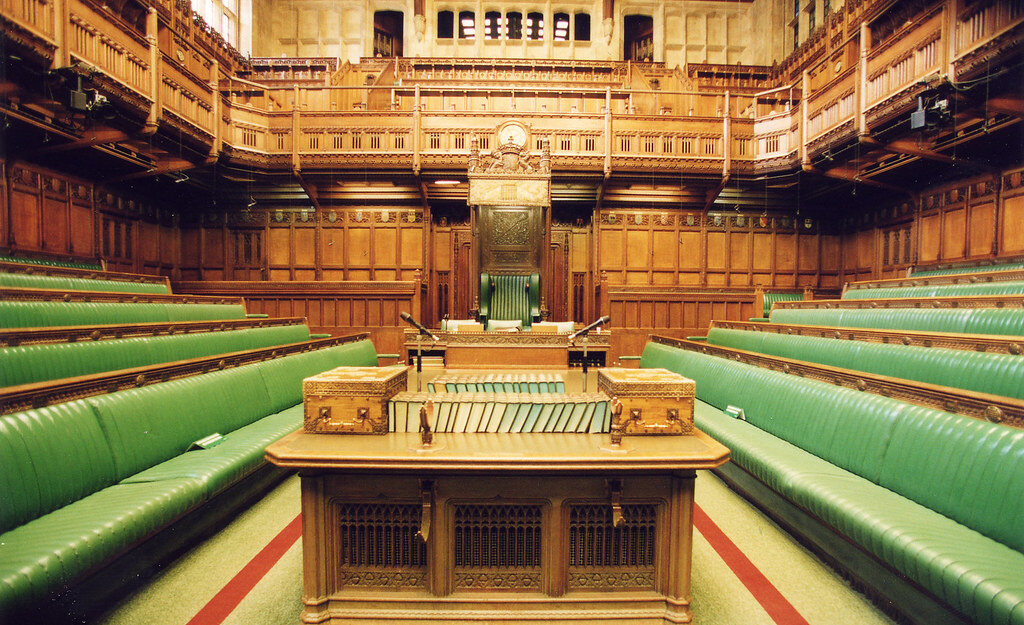
Being a sustainable leader involves adopting a set of values, behaviours, and practices that prioritise environmental, social, and governance (#ESG) considerations in decision-making. Sustainable leaders are crucial for guiding organisations towards responsible and ethical practices that benefit not only the bottom line but also society and the planet.
Here are key attributes and actions that define a sustainable leader:
- Commitment to Sustainability: Sustainable #leaders are deeply committed to sustainability as a core value. They understand the importance of balancing profit with environmental and social responsibility.
- Vision and Long-Term Perspective: They have a clear vision of a sustainable future and focus on #long-term goals rather than short-term gains. This often means making decisions that may not yield immediate financial benefits but are beneficial in the long run.
- Holistic Thinking: Sustainable leaders consider the broader impacts of their decisions. They assess how choices affect not only the company's financial performance but also its employees, customers, communities, and the environment.
- Ethical and Values-Driven: #Ethical behavior is a cornerstone of sustainable leadership. These leaders prioritize integrity, honesty, and transparency in all interactions.
- Engagement and Collaboration: They actively engage with stakeholders, including employees, customers, suppliers, and communities, to incorporate diverse perspectives and build collaborative solutions.
- Continuous Learning and Adaptation: Sustainable leaders stay informed about the latest sustainability trends, technologies, and best practices. They are open to adapting their strategies based on new information.
- Risk Management: They recognise the risks associated with unsustainable practices and proactively manage these risks. This includes identifying environmental, social, and governance risks and implementing strategies to mitigate them.
- Innovation: Sustainable leaders encourage #innovation within their organisations to develop environmentally friendly products and services, improve #efficiency, and reduce waste.
- Resource Efficiency: They prioritize resource efficiency and waste reduction, aiming to minimize the organisation's environmental footprint.
- Transparency and Reporting: Sustainable leaders promote #transparency by disclosing ESG performance and goals to stakeholders. They often use frameworks like the Global Reporting Initiative (#GRI) or the Sustainability Accounting Standards Board (#SASB) to guide reporting.
- Diversity and Inclusion: They champion #diversity and #inclusion within their organisations, recognising that diverse teams are more innovative and better equipped to address complex sustainability challenges.
- Advocacy and Policy Engagement: Sustainable leaders may engage in advocacy and public policy discussions to promote sustainability on a broader scale. They understand that systemic change often requires regulatory and policy support.
- Resilience and Adaptability: They prepare their organisations to adapt to environmental and social challenges, such as climate change, supply chain disruptions, and evolving customer expectations.
- Measuring Impact: Sustainable leaders set clear metrics and Key Performance Indicators (KPIs) to measure the impact of sustainability initiatives and track progress over time.
- Leading by Example: They lead by example, embodying sustainable behaviors and inspiring others to follow suit.
Being a sustainable leader is an ongoing journey that requires dedication and a willingness to evolve. It's not just about making isolated sustainable choices; it's about embedding sustainability into the DNA of the organisation and fostering a culture of responsibility and accountability at all levels. Sustainable leaders understand that a commitment to sustainability is not only the right thing to do but also a strategic imperative for long-term success in an increasingly complex and interconnected world.



